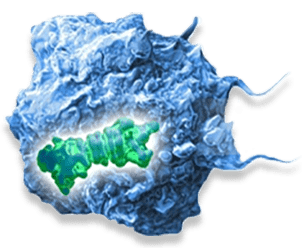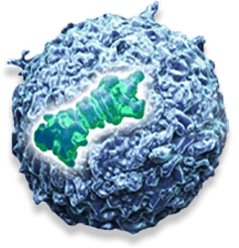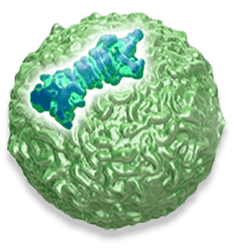Immunoproteasomes are primarily expressed in immune effector cells and are important in regulating the normal function of the immune system. When immunoproteasomes are selectively inhibited, multiple pathways involved in inflammatory cytokine production and immune effector cell activity – including macrophages, B cells and T cells – are also inhibited, resulting in broad immunomodulatory activity across both the adaptive and innate immune systems. Since the pathways regulated by immunoproteasomes are involved in the pathogenesis of many autoimmune diseases, a therapeutic that selectively inhibits the immunoproteasome has broad potential across a range of conditions.
Unlike other therapeutic options that target a single type of immune cell or cytokine, zetomipzomib (KZR-616), Kezar’s first-in-class, selective immunoproteasome inhibitor, is designed to modulate many elements of the immune system when it is dysregulated without direct immunosuppression. This candidate offers a “pipeline in a drug” approach, with the potential to change the treatment paradigm for numerous autoimmune conditions.



